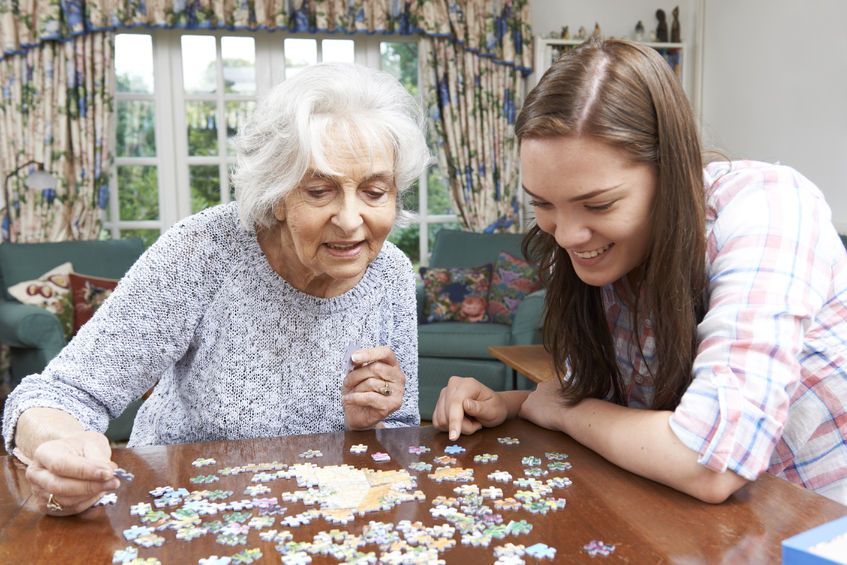In most living creatures, their longevity is closely tied to reproduction. Life is about having offspring, and once that no longer happens, life usually ends. But not so with humans. Why?
A recent research paper from the University of California – Santa Barbara says the long post-reproductive lifespan isn’t just because we’ve seen improvements in medical care. The authors assert that the long human lifespan has a purpose, and it involves our grandparents.
One idea about human longevity is known as the Grandmother Hypothesis. That says that across the world, maternal grandmothers increase their fitness by working to improve the survival of their grandchildren, thereby enabling their daughters to have more children, which also passes the grandmother’s DNA along.
But the production or gathering of food isn’t everything. Grandmothers, as well as grandfathers and other elders, help teach and socialize children, training them in relevant skills and worldviews. This may be the largest contribution of older adults. Their accumulation of skills and knowledge developed over a lifetime can be shared, easing the burden of childcare on parents, as well as sharing that information with their grandchildren.
In today’s modern world, parenting isn’t easy but having grandparents or even great-grandparents to turn to can help. While they may or may not be able to physically help with childcare, elders can provide insight from their own experiences as well as reinforce decisions parents make to the family’s youngsters.
Elders also give families a needed hero to provide inspiration. Point out to younger family members the adversities or challenges your senior family member went through—did your father or grandfather serve in the military, build a company, or win first prize at the state fair for his record watermelon? Did your mother or grandmother serve in the war effort, feed a large family with little money, or mentor a scouting group? The point is to celebrate the senior members while also providing hope and shared family history to the young family members.
And when those things are brought up, it’s giving the elder a way to remain socially active and contribute something important. Talking and interacting keeps brain cells active and can slow cognitive decline. Remaining at home, surrounded by familiar things and family, also helps seniors be connected and happy.
That’s our goal at FootPrints Home Care; we help senior adults stay in their homes as long as possible. For assistance with meals or housekeeping, companionship or the activities of daily living, trust a FootPrints senior caregiver to treat your family member with compassion, care, and friendship. Please let us know if we can help.



